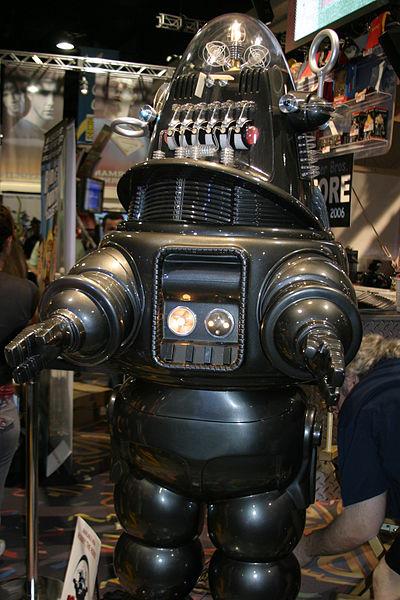Maybe it’s time to put away those “new physics” textbooks. I often wondered what’d become of the old physics. If it had been good enough for my granddaddy, it was good enough for me! Of course our knowledge keeps growing. Still, an article in Science Alert got me thinking. “An AI Just Independently Discovered Alternate Physics,” by Fiona MacDonald, doesn’t suggest we got physics wrong. It’s just that there is an alternate, logical way to explain everything. Artificial intelligence can be quite scary. Even when addressed by academics with respectable careers at accredited universities, this might not end well. Still, this story to me shows the importance of perspectives. We need to look at things from different angles. What if AI is really onto something?
Some people, it seems, are better at considering the perspectives of other people. Not everyone has that capacity. We’re okay overlooking it when it’s a matter of, say, selecting the color of the new curtains. But what about when it’s a question of how the universe actually operates? Physics, as we know it, was built up slowly over thousands of years. (And please, don’t treat ancient peoples as benighted savages—they knew about cause and effect and laid the groundwork for scientific thinking. Their engineering feats are impressive even today.) Starting from some basic premises, block was laid upon block. Tested, tried, and tested again, one theory was laid upon another until an impressively massive edifice was made. We can justly be proud of it.

Image credit: Pattymooney, via Wikimedia Commons
" data-orig-size="400,600" data-image-title="400px-Robbie_the_Robot_San_Diego_Comic_Con_2006" data-orig-file="https://sawiggins.files.wordpress.com/2012/01/400px-robbie_the_robot_san_diego_comic_con_2006.jpg" data-image-description="" data-image-meta="{"aperture":"0","credit":"","camera":"","caption":"","created_timestamp":"0","copyright":"","focal_length":"0","iso":"0","shutter_speed":"0","title":""}" data-medium-file="https://sawiggins.files.wordpress.com/2012/01/400px-robbie_the_robot_san_diego_comic_con_2006.jpg?w=200" data-permalink="https://steveawiggins.com/2012/01/03/god-in-the-machine/400px-robbie_the_robot_san_diego_comic_con_2006/#main" alt="" class="wp-image-4147" data-large-file="https://sawiggins.files.wordpress.com/2012/01/400px-robbie_the_robot_san_diego_comic_con_2006.jpg?w=400" />Image credit: Pattymooney, via Wikimedia CommonsThe thing is, starting from a different perspective—one that has never been human, but has evolved from human input—you might end up with a completely different building. I’ve read news stories of computers speaking to each other in languages they’ve invented themselves and that their human programmers can’t understand. Somehow Skynet feels a little too close for comfort. What if our AI companions are right? What if physics as we understand it is wrong? Could artificial intelligence, with its machine friends, the robots, build weapons impossible in our physics, but just as deadly? The mind reels. We live in a world where politicians win elections by ballyhooing their lack of intelligence. Meanwhile something that is actually intelligent, albeit artificially so, is getting its own grip on its environment. No, the article doesn’t suggest fleeing for the hills, but depending on the variables they plug in at Columbia it might not be such a bad idea.
